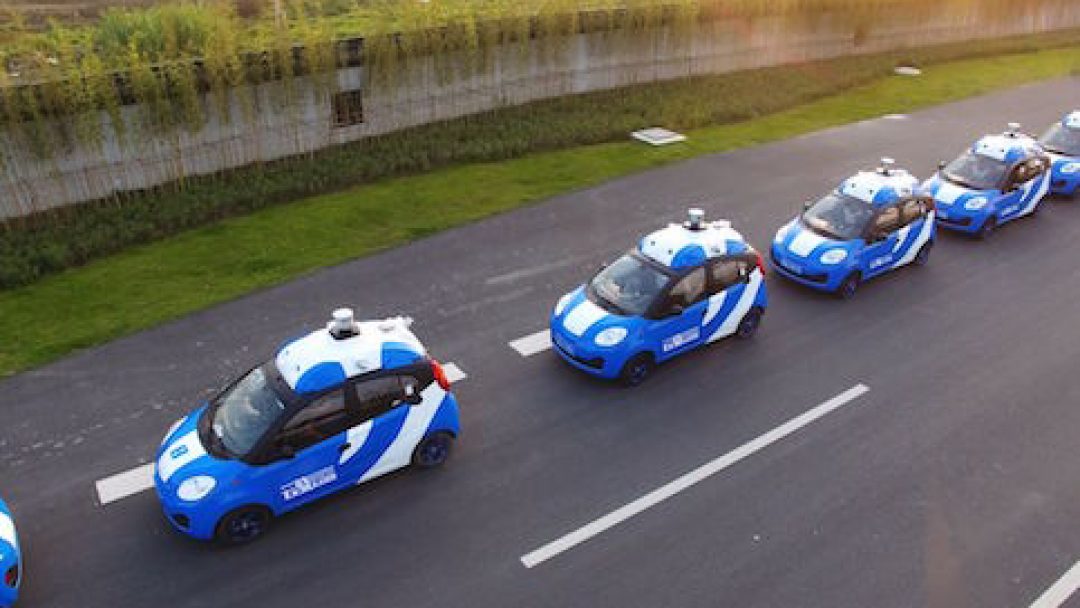Chinese company Baidu Inc., which has been investing heavily into self-driving vehicle technology since 2015, recently announced a new project named “Apollo”, which will allow access to “an open, complete and reliable software platform for its partners in the automotive and autonomous driving industry…” according to a statement released Tuesday, April 18th.
The Beijing-based tech company, which operates the number one search engine in China and is one of the largest tech companies in the world, has been investing heavily into self-driving vehicle technology since 2015, and began testing prototype vehicles around Beijing that same year. By 2016, more than 200 guests of the World Internet Conference—in Wuzhen, China—were able to travel using vehicles from their ‘autonomous car fleet’.
More recently, Baidu has begun to focus on artificial intelligence, augmented reality, and other related technologies which they seem prepared to incorporate into their self-driving research.
“AI has great potential to drive social development, and one of AI’s biggest opportunities is intelligent vehicles,” Qi Lu—Baidu’s recently named chief operating officer—explained in a statement.
The announcement on Tuesday revealed that the tech giant is planning to open up it’s self-driving platform (including hardware, software, and cloud-based data services) to select partners in the self-driving and automotive industry. Baidu also plans to provide open-source “code and capabilities in obstacle perception, trajectory planning, vehicle control, vehicle operating systems and other functions, as well as a complete set of testing tools,” according to their statement.
These tools are aimed at lowering the barrier of entry for partner companies—such as BAIC Motor, BYD, and Chery—to begin developing self-driving vehicles, which will make the emerging technology more easily available to consumers both in China, and abroad.
Currently, Baidu plans for their self-driving car platform to be operational in “simple urban road conditions” sometime around the end of the year, and “fully autonomous driving capabilities” including on highways by 2020.







